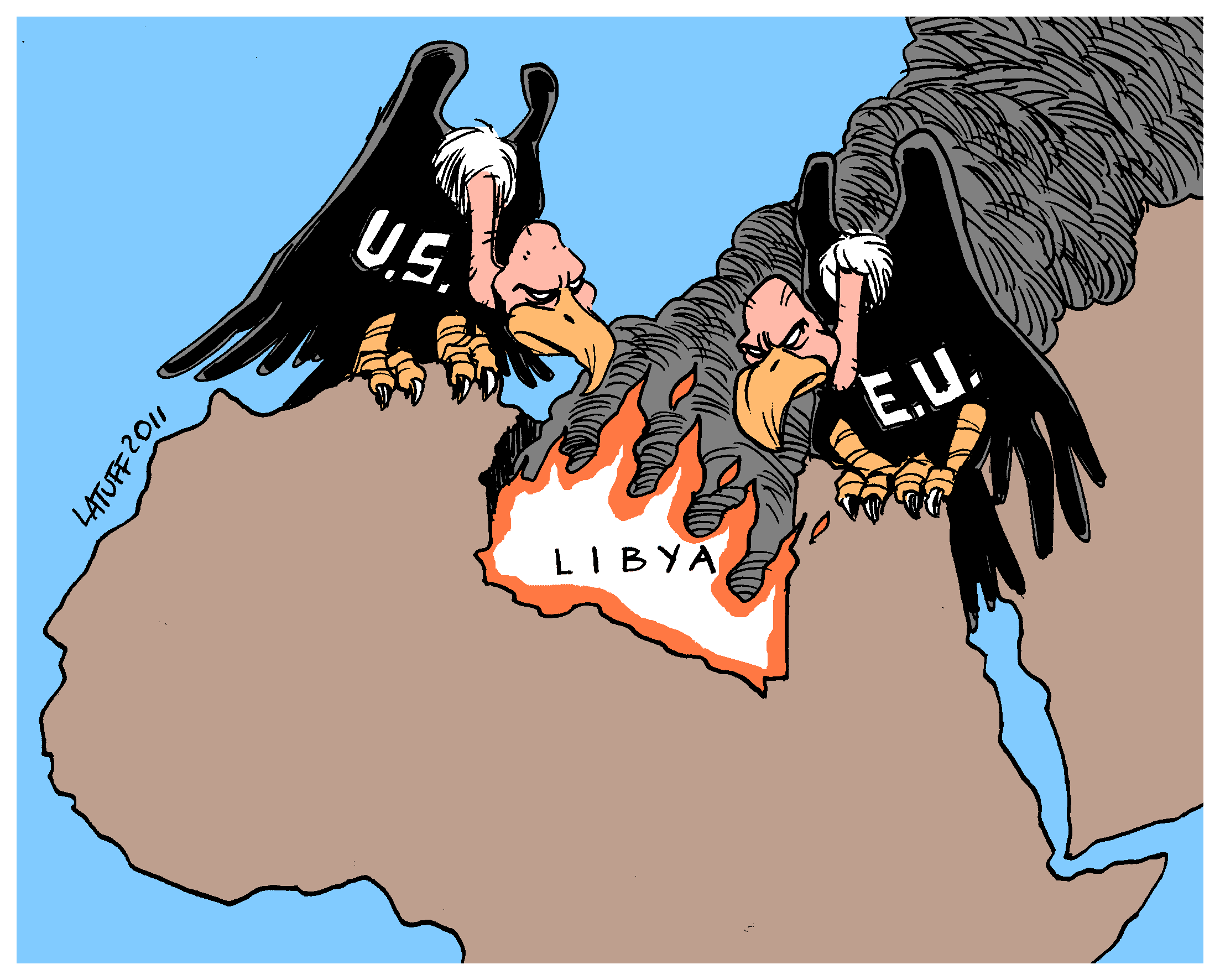Top Stories
Canada’s Ever-Shrinking Oil Industry Braces
for More Job Cuts
After almost two years of sinking oil prices and at least 40,000 job cuts, Canada’s petroleum industry still isn’t finished tackling its bloated operations. The next round of layoffs has already begun with Cenovus Energy Inc. and Murphy Oil Corp. announcing workforce reductions last week. Ongoing cuts by Suncor Energy Inc., Encana Corp. and others will likely result in thousands more jobs lost by the end of the year as the Canadian industry shaves billions worth of spending in order to continue operating in one of the world’s most expensive oil-producing regions. “It will probably take another six months before some of the bloated staffing levels are tackled,” said Todd Hirsch, chief economist at ATB Financial in Calgary. “Many of these companies are getting employment levels down to the bare bones and over the spring and summer there will be more layoffs.” Crude that averaged about $90 a barrel […]
U.S. Utilities’ Natural-Gas Hedges Turn Sour
Experts don’t know how exactly much money utilities have lost nationwide on natural-gas hedges. Natural-gas prices have plunged 74% in the past 10 years, but some U.S. utilities haven’t reaped the full benefit because of bad bets they made to hedge the cost of the fuel. Utilities that distribute natural gas or burn it to make electricity often enter into hedging contracts as a form of insurance to protect themselves and their customers against wild variations in the fuel’s price. The derivatives contracts don’t represent actual fuel deliveries. Rather, if gas prices go up, utilities make profits on the contracts that help offset their higher fuel costs. If gas prices go down, they lose money on the contracts but still benefit by paying less for their fuel. But in Florida, four utilities including the state’s largest, Florida Power & Light Co., suffered net losses of $6 billion on their […]
Risk of Once-in-100-Year Drought Means One More India Rate Cut
The risk India will suffer below-average monsoon rain for a third year, a once-in-a-century event, probably means the central bank has room for just one interest-rate cut before an extended pause. Thirty-five of 39 economists surveyed by Bloomberg see the Reserve Bank of India lowering the repurchase rate to 6.5 percent from 6.75 percent on Tuesday, one predicts no change while three forecast a reduction to 6.25 percent. The median estimate in a separate survey shows the benchmark will drop to 6.50 percent this quarter and to 6.25 percent in the October-December period and stay there till at least June 2017. Two years of back-to-back drought have meant India’s reservoirs are three-quarters of the past decade’s average. Water scarcity could hurt crops, worsen price pressures and dent growth in Asia’s third-biggest economy. RBI Governor Raghuram Rajan would also be wary of the recent recovery in oil prices that could […]
Kuwait says hopes for OPEC, non-OPEC oil coordination
Kuwait hopes that coordination among oil producers inside and outside OPEC will help to stabilize the market, acting oil minister Anas al-Saleh told reporters on Sunday. “As long as there is coordination among major producers in OPEC and outside OPEC, that will certainly help stabilize prices,” he said. Saudi Arabian Deputy Crown Prince Mohammed bin Salman said on Thursday that Riyadh would not join an output freeze without the participation of Iran and other major producers, Bloomberg reported. A meeting to discuss the production freeze has been scheduled in Doha on April 17. Asked on Sunday whether Kuwait’s position was the same as the Saudi stance, Saleh said: “We have announced our position before: we will attend the meeting and see. We think that a consensus is […]
Another Western intervention in Libya looms

The shaky debut last week of a new unity government in Libya brings Western nations, including the United States, much closer to a renewed military mission there, and to a host of obstacles that will test their ability to secure a country gripped by Islamist extremism and civil war. Tensions ran high on Wednesday after Fayez Serraj, a little-known Libyan technocrat selected as prime minister in a United Nations peace process, arrived by boat in Tripoli from Tunisia. Western officials hailed his installation in the Libyan capital as a sign that the country’s two-year political divide is finally coming to an end — despite the existence of rival governments in Tripoli and the country’s east. The United States and European allies, including Italy, France and Britain, have […]



No comments:
Post a Comment